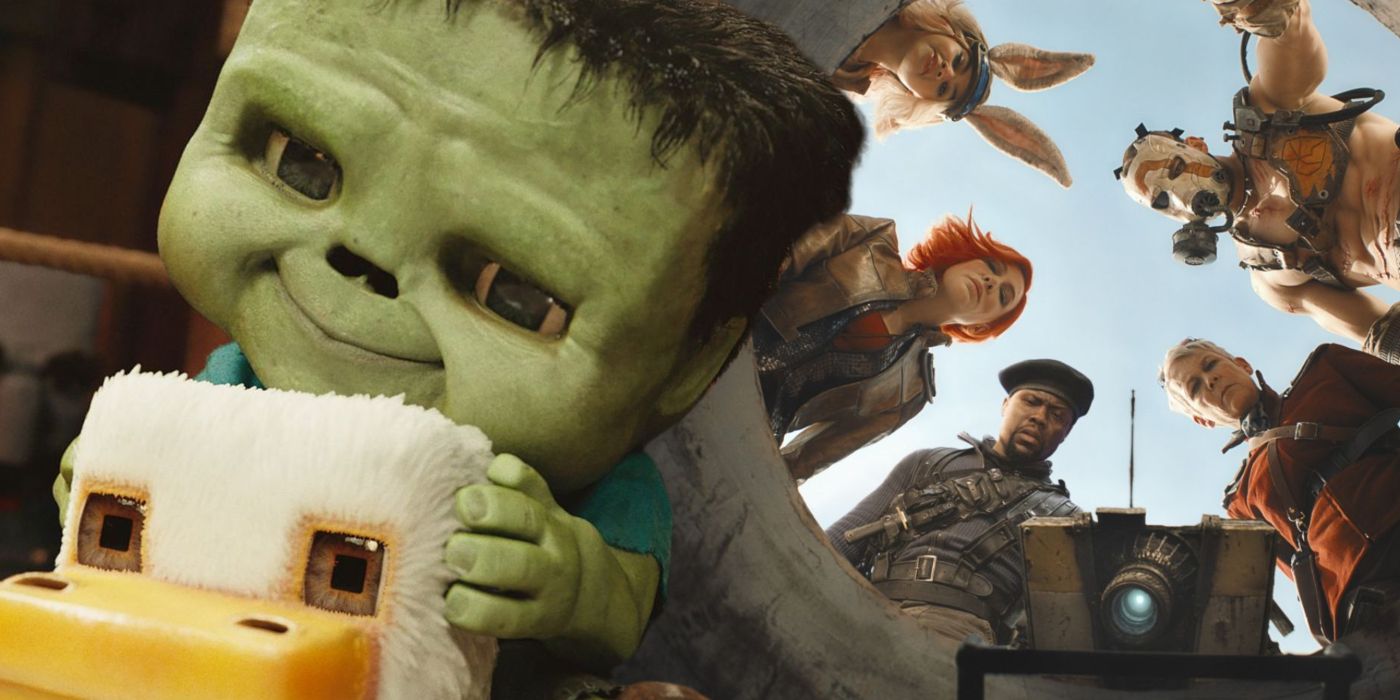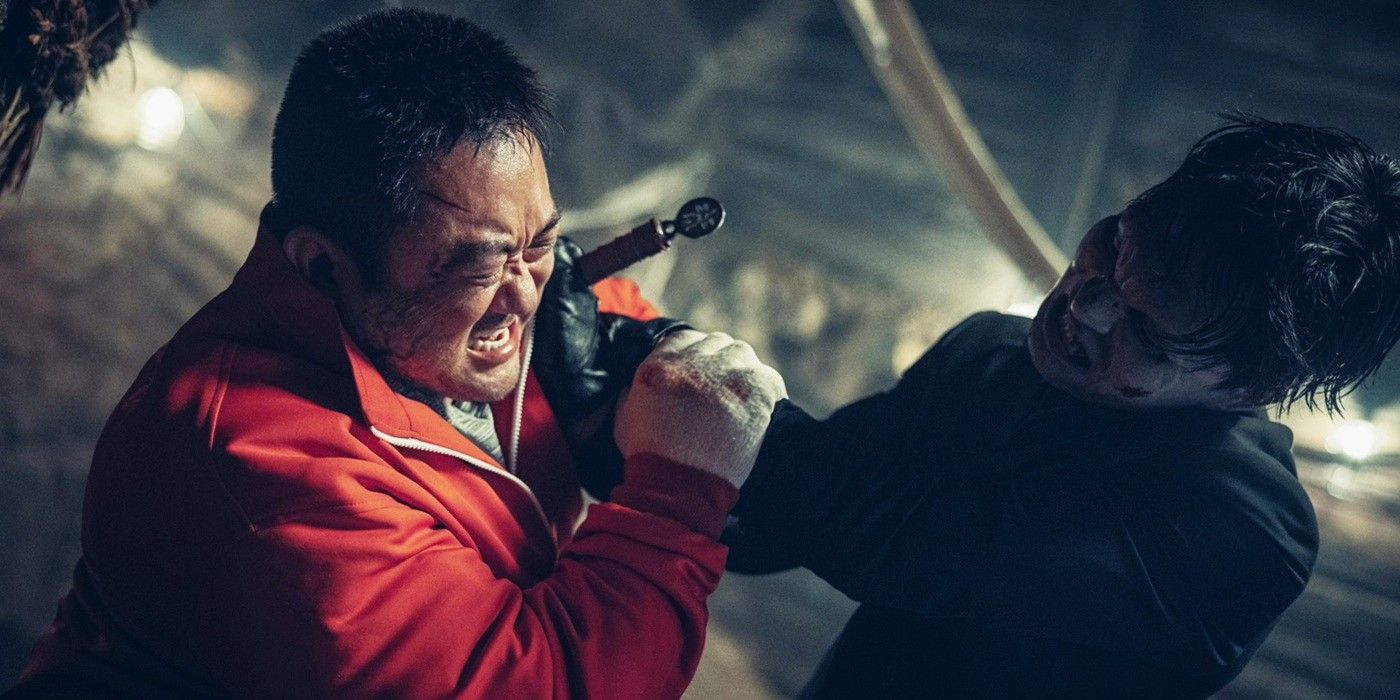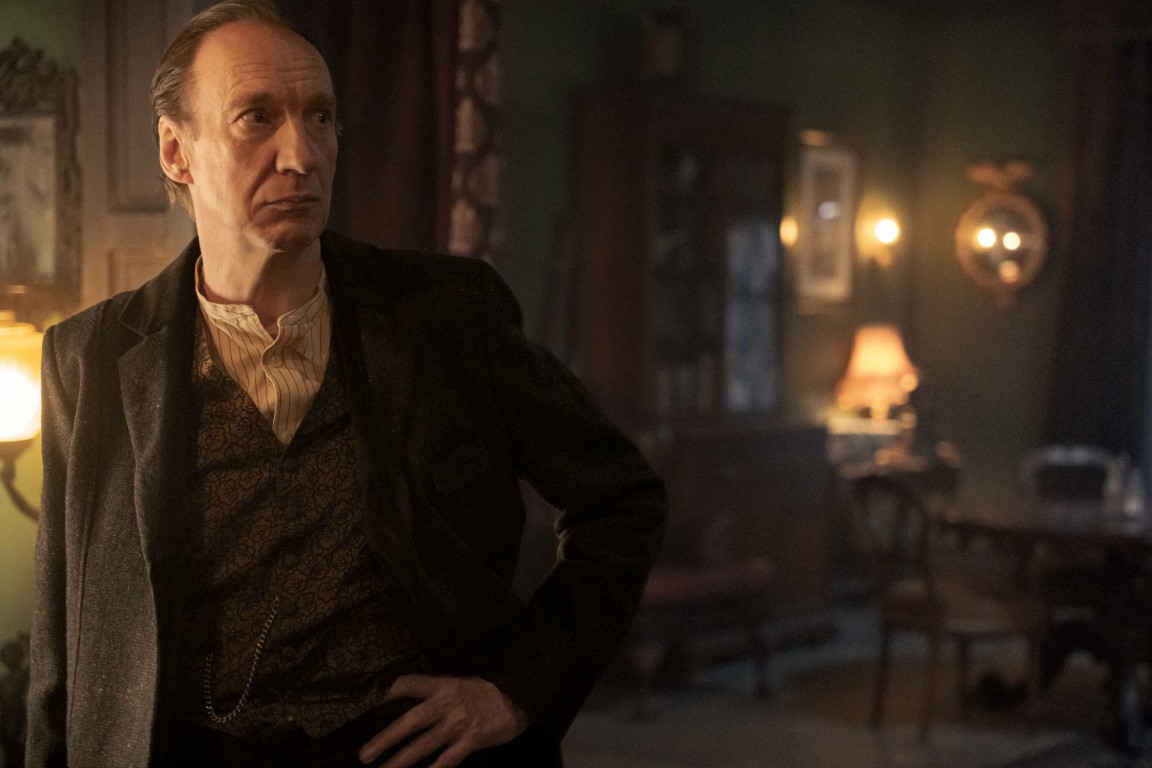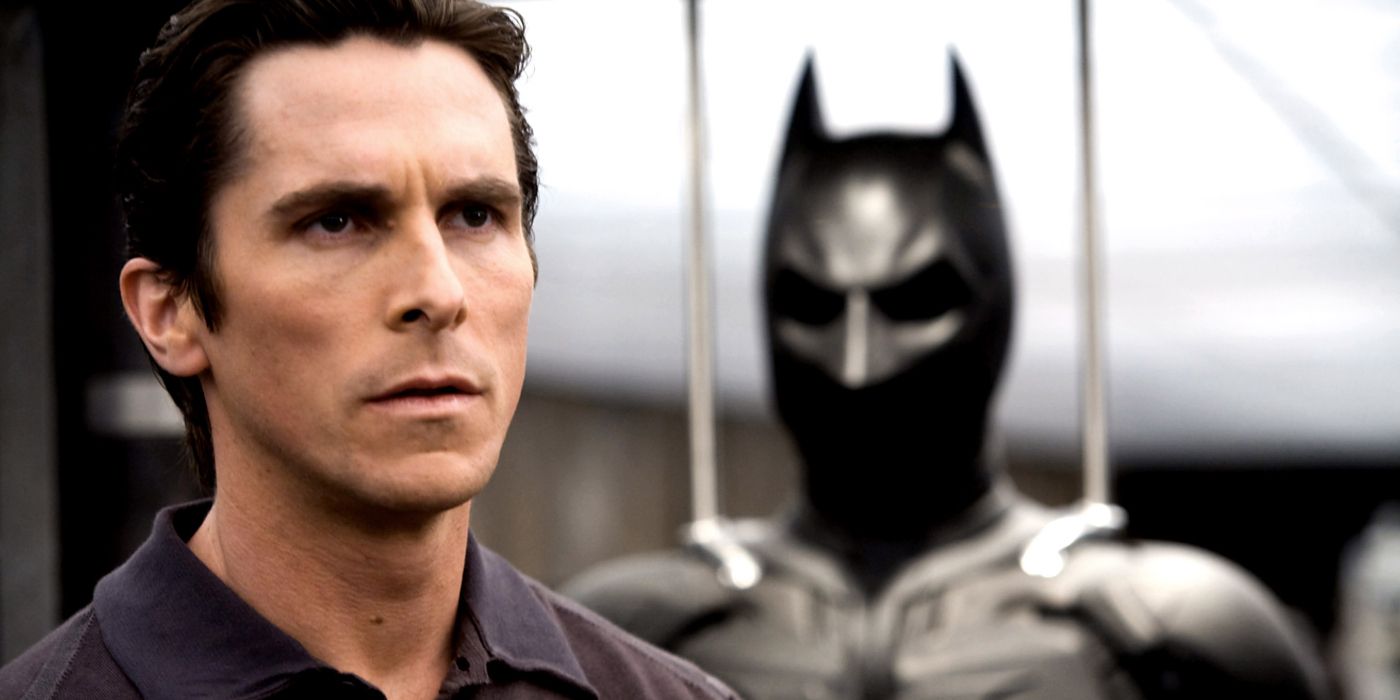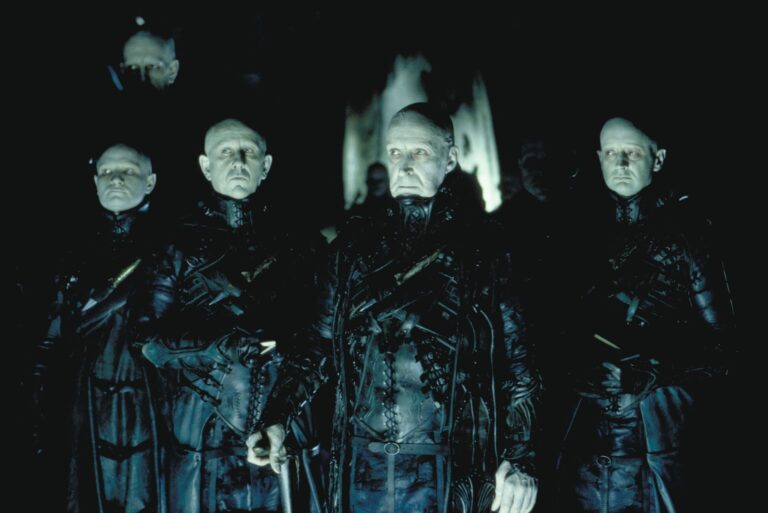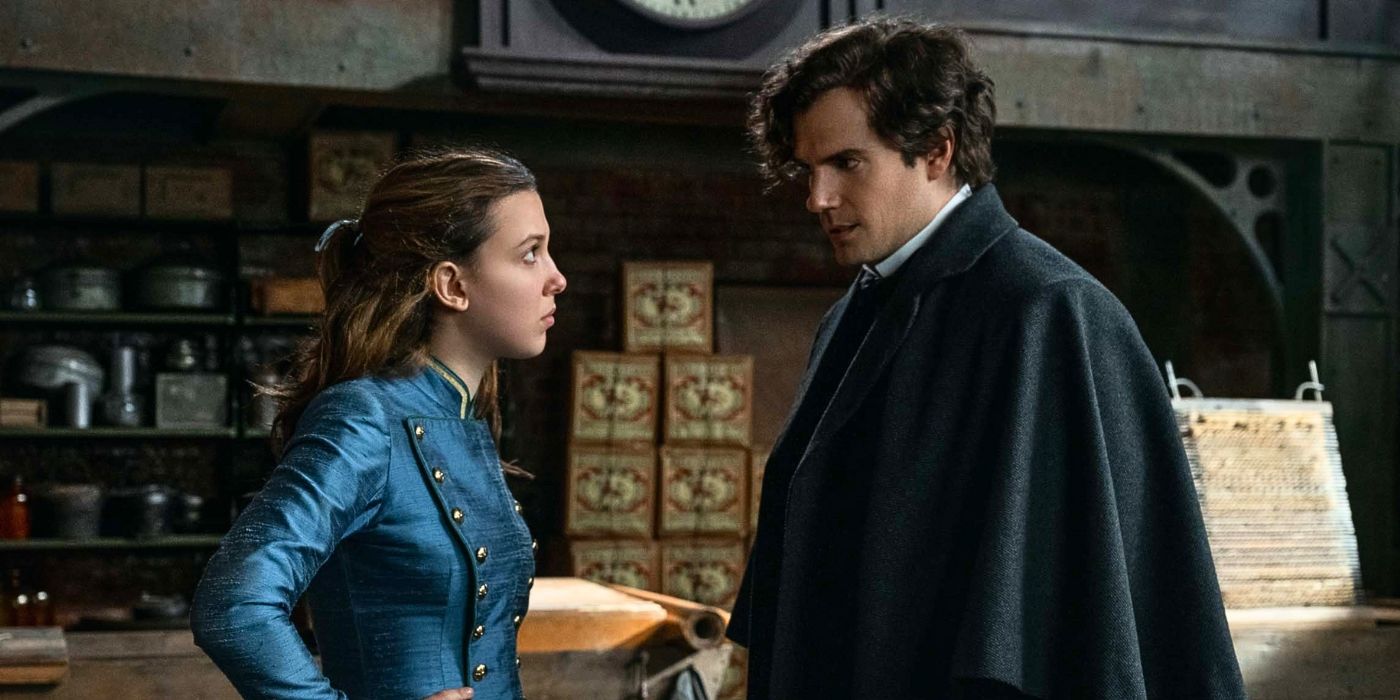Let me explain.
First, let me say that when I think of The Royal Tenenbaums, I think of it as a Ben Stiller film. Which isn’t exactly right, but it isn’t exactly wrong, either. Inherently, it’s an ensemble movie with at least one, if not many, indelible moments given to each of its superbly cast actors; in this way, it is anyone’s film. But there’s something tragically tangible woven into the character of Chas Tenenbaum (Stiller) that transcends the blurry outer reaches of where our natural world ends, and the whimsical surrealism of a Wes Anderson universe begins. Something so discernible, even, we might easily mistake Chas as someone capable of populating the neighborhoods of our own reality. And this characteristic is present in many of the characters Ben Stiller chooses to portray—that of being the agents of their own chaos. From addiction in Permanent Midnight, to absurd hubris in Dodgeball, to the cringe-worthy comedy of errors in Meet the Parents, Stiller continuously, and often quite spectacularly, makes homes in these distinctly flawed individuals.
Of course, he wasn’t the first to play this particular trait upon the silver screen, and he arguably isn’t even the first to do it in this movie (that distinction goes to Gene Hackman’s Royal Tenenbaum, depending on how you’re scoring at home). But what makes Chas’ storyline, and by extension Stiller’s performance, so tender and tragic is the ripple effect that connects the broken relationship with his father—a relationship that results in his emotional and physical abandonment during childhood—to the spiral we find him in as an adult after his wife’s untimely death. At every stage of development, the important relationships in Chas’ life, the ones he should be able to count on the most, are taken away from him. It’s no wonder he has his two young boys, Ari and Uzi, running safety drills in the middle of the night; if life has taught him anything, it’s to expect the eventual loss of everyone closest to him. And as such, you might forgive the chaotic and emotional tailspin Chas has locked himself into for most of the film. Yet it’s precisely in this psychological isolation that lies his signature character trait, the one that’s brought Ben Stiller to the proverbial yard. Yes, Chas’ father walked out on him. Yes, life dealt him an unnecessary blow by taking his wife, too. But in what’s most likely an act of self-defense, whether consciously or not, Chas has become the agent of his own chaos, perpetuating the emotional gulf between himself and anyone meaningful in his life, so as to never have to feel loss or betrayal again. And in doing so, he’s living in suspended animation, arresting any hope of healing, unable to withstand the heavy weight of life’s downward thrust.
*
Wesley Wales Anderson was born in Houston, Texas, the middle of three boys, to an adman father and a realtor and archeologist mother. By the age of eight, his parents had divorced. Much has been made of this. Any cursory watch of Anderson’s films will reveal frequent variations on dysfunctional father/son relationships (and if not fathers, then father-like figures); a quick Google search returns countless think pieces opining the various ways Anderson himself must have been hurt by his own father. The Royal Tenenbaums is not immune to this, though the film is not autobiographical. One of the great distinctions of Anderson’s artistry is his ability to so thoroughly camouflage his references, molding them into his signature style; present though they may be, you can’t argue he hasn’t made them his. Drawing from such films as Orson Welles’ The Magnificent Ambersons and Louis Malle’s The Fire Within (from which he borrows the line, “I’m going to kill myself tomorrow”), Anderson takes a long, and quite enjoyable, lap through ruminations on loss, redemption, broken family dynamics, and betrayal. What makes the film so rich is that each of its primary characters seems to be going through something, giving sufficient time and energy to weaving their lives and storylines through these thematic ideas. All the children, once thought to have been geniuses, have aged into shells of their former selves. Royal, having lost his family—primarily of his own devices—seems to be warming to the idea of getting them back. Etheline, having lost a husband, and then a string of suitors, is trying to grab hold of any sense of stability and happiness. Raleigh St. Clair has lost his wife; Dudley, his ability to tell time; Royal, again, his javelina. It’s what makes the film enjoyable: there are no wasted character strokes. And it’s also what makes the arcs of the characters’ redemptions so satisfying.
You can view the original article HERE.

